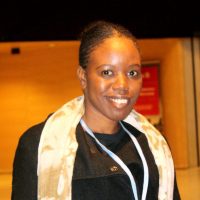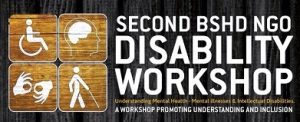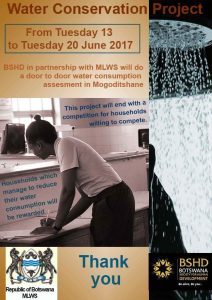The Gweta/Zoroga/Tshokatsaa workshop, was themed ‘Loss and Damage: Remedying Declining Mental Health Due to Flooding Disruptions’. The workshop targeted flood victims of Zoroga, Tshokatshaa and Gweta villlages. It took place May 20, 2023.
Workshop motivation
The Intergovernmental Panel on Climate Change (IPCC) posits that humanity is facing threats to human rights such as life, health, and food. The scale of the climate change threats to the biosphere and all its life forms is purported to be so great that it is difficult to grasp for even well-informed experts. Globally, people (especially the vulnerable poor) have suffered significant losses, including the loss of loved ones, homes, and livestock—among other sources of livelihoods.
The loss and damage has resulted in people undergoing a psychological phenomenon dubbed as “climate anxiety”, or “climate grief”. Though climate change has been declared a health emergency, studies show that attention has largely focused on the negative impacts of climate change on mortality and physical health. However, as leading psychological associations have begun to recognize, climate change also has profound implications for mental health.
Why Botswana:
The semi-arid country has since incurred loss and damages due to floods, cyclones and droughts. Over the past decade, Botswana has had 7 drought years, and 3 partial drought years. The country has also suffered the effects of cyclone Dineo, and other flooding issues. Loss and damage thus includes loss of businesses, homes, livestock and crops, to name a few challenges.
To intervene, the Loss and Damage Workshop Series project was launched with the objectives to:
- Share coping mechanisms e.g., tips on building climate friendly infrastructure
- Highlight places where participants can swiftly get assistance
- Equip participants with first aid skills
- Share adaptation and mitigation measures
- Help citizens determine their role play in the climate fight
- Sensitise the whole nation on loss and damage issues
- Create a loss and damage network of relevant development stakeholders—including ordinary citizens.
- Make people aware of livelihoods alternatives (some of which are a result of climate change).
These objectives were successfully met through numerous partnerships with several stakeholders such as the Southern African Science Service Centre for Climate Change and Adaptive Land Management (SASSCAL), the government of Botswana, green infrastructure companies, and Mebala Youth Studios, to cite a few.


